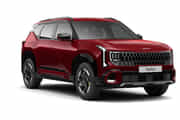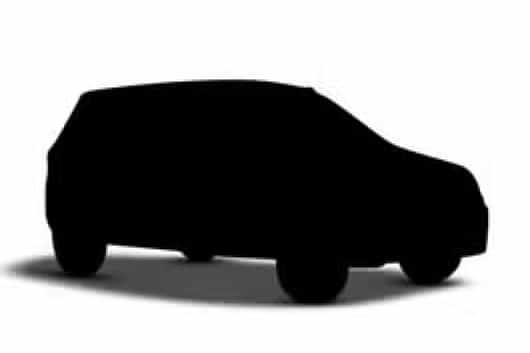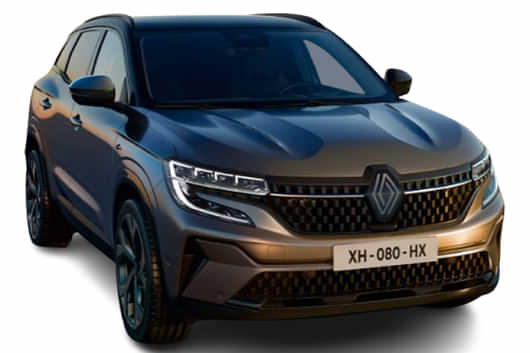
KEY HIGHLIGHTS
- Hybrid Duster to launch within year of petrol.
- Bigster three-row SUV also getting hybrid variant.
- CMF-B platform supports petrol, hybrid, and electric.
- Production of new Duster begins September 2025.
- Renault focusing on hybrids over early EV push.
Renault Duster & Bigster Hybrids: Renault is gearing up for a massive SUV offensive in India, and it's doing more than just bringing back the Duster nameplate. As the Indian carmarket is leaning toward a cleaner, smarter and more fuel-efficient alternatives, the French automaker is planning hybrid versions of both the new-gen Renault Duster and its upcoming three-row sibling, the Bigster.
While the petrol-powered Duster will mark the return of the iconic name in early 2026, hybrid variants are being readied for a follow-up debut within a year of their ICE counterparts. Check out all the required details below and make sure you join our 91Wheels WhatsApp Community to stay updated on the latest automotive news.
Read more: What's New in iOS 26 for Apple CarPlay? All You Need to Know!
Renault Duster & Bigster Hybrid: A Layered Launch Strategy
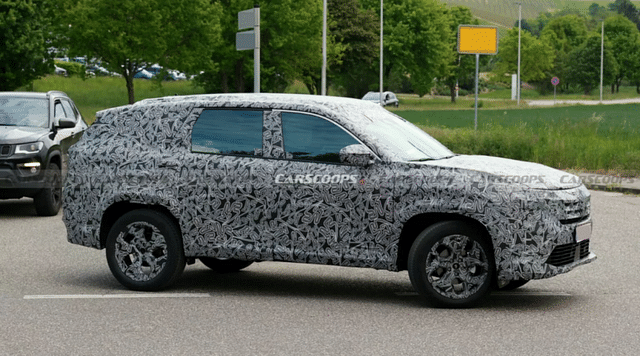
Renault's product roadmap for the Duster lineup seems methodically tiered. First comes the petrol, then comes the hybrid, and eventually, alternative fuels like CNG and EVs may enter the fray. According to internal sources, the Duster's production is set to commence in September 2025 at the company's facility near Chennai. This timeline supports a launch window for the petrol version in Q1 2026, with hybrids expected to hit showrooms by early 2027.
The Bigster, positioned as the stretched three-row iteration of the Duster, will follow the same path - initial petrol launch, then a hybrid variant a few months later.
Renault Duster & Bigster Hybrid: What's Under the Hood?
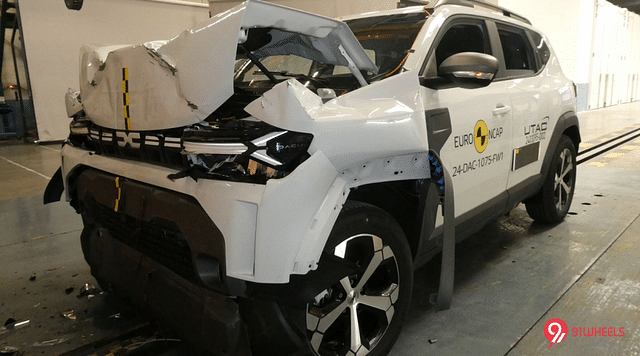
While India-specific hybrid specs are still under wraps, international markets provide some insight. The Duster abroad features a 1.6-litre four-cylinder engine mated to a dual-motor hybrid setup, producing a combined 140hp. A key highlight is its ability to drive in full-electric mode for city commutes, reducing emissions and fuel costs significantly.
Expect the Bigster hybrid to offer more punch with a 155hp setup, thanks to a larger petrol engine paired with a stronger electric motor and a slightly bigger battery pack.
CMF-B: A Flexible Future-Ready Platform
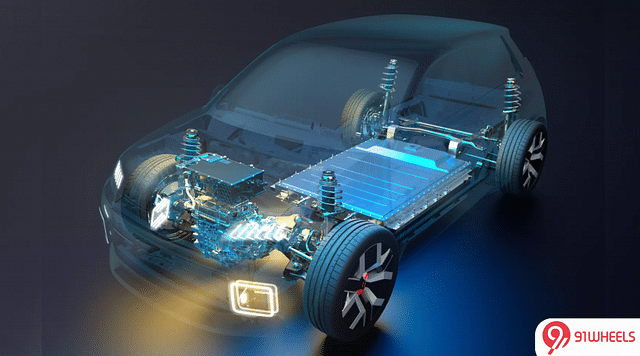
At the core of these models is Renault-Nissan's CMF-B platform, engineered to support multiple powertrain options - from internal combustion to hybrid and even full-electric. This shared architecture will spawn two new SUVs each for Renault and Nissan, creating an entire family of modular, market-adaptive vehicles for India.
Why Hybrids and Not EVs?

Renault isn't rushing into EVs, and for good reason. While EVs grab headlines, their real-world adoption in India remains limited. CEO Venkatram Mamillapalle recently emphasized that hybrids are likely to outpace EVs in India by 2032, gaining up to 18% market share, while EVs could linger below 10%.
Hybrids offer a pragmatic middle ground - cleaner than traditional ICE, but more practical and cost-effective than EVs in a country where charging infrastructure is still developing.
Renault Duster & Bigster Hybrid: Multi-Fuel Gameplan for India
Beyond hybrids and petrols, Renault is also looking at CNG options for both Duster and Bigster. The company is reportedly exploring CNG partnerships through external vendors, keeping its strategy light and flexible. This positions Renault to cater to a wide range of buyers - those seeking affordability, those leaning toward sustainability, and everyone in between.
Read more: Maruti Suzuki Cuts Near-term EV Production Due to THIS Reason: Check out
Verdict
With the hybrid wave gaining momentum and customer preferences evolving, Renault's strategy to phase in the Duster and Bigster hybrids after the petrol launch seems both cautious and clever. If priced right and backed by a solid service network, these models could not only revive Renault's footprint in India but also set the benchmark in the mid-size SUV segment for practical electrification.






